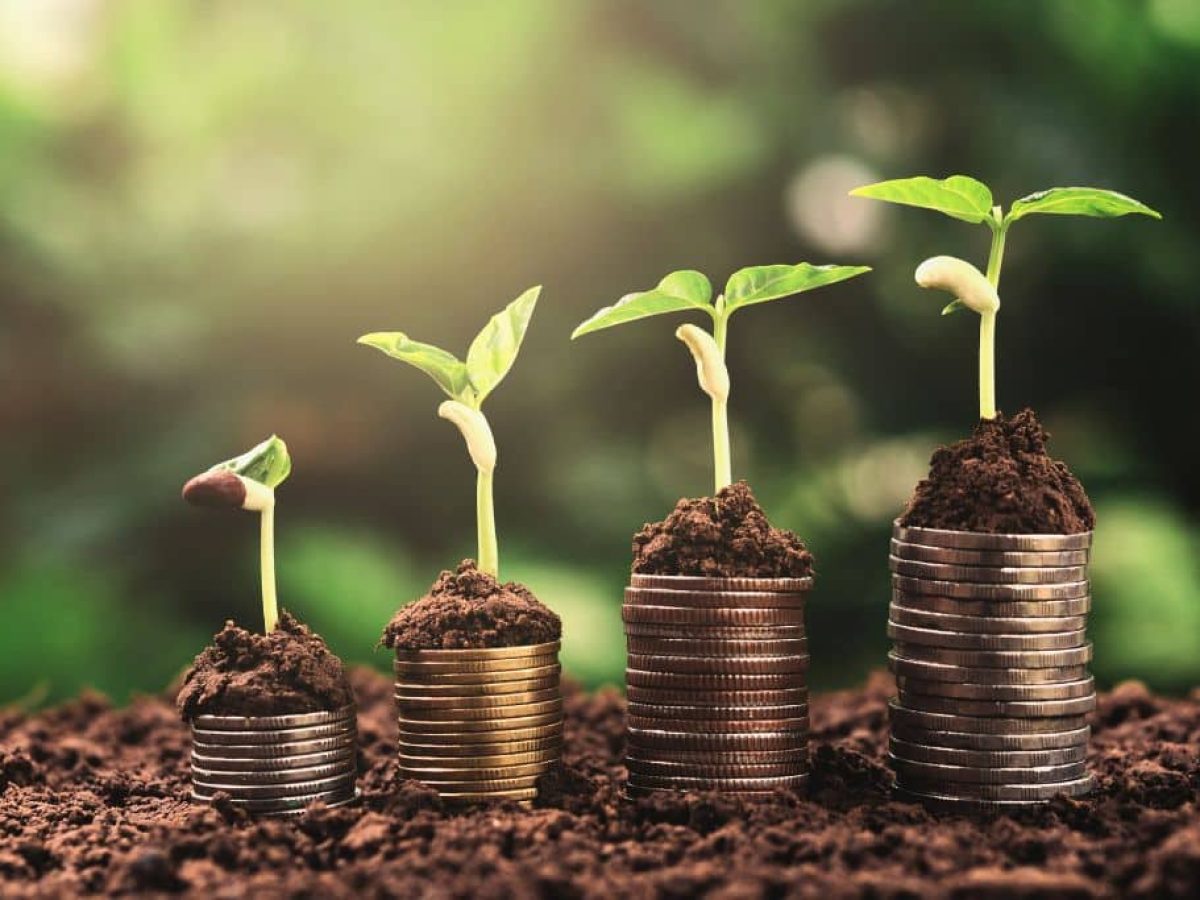Sustainability has become one of the most essential topics of our time. As the world faces challenges like climate change, pollution, and the rapid use of natural resources, it provides a clear path forward. It focuses on creating solutions that meet our present needs withouy compromising the ability of future generationst to live well. It is not just about protecting nature—it also involves improving communities, supporting fair economic growth, and building healthier societies.
In simple words, sustainability means balance. When we take care of the environment, economy, and society in a balanced way, we are practicing sustainability.
Understanding Sustainability
It refers to the ability to maintain ecological and social balance over time. It encourages individuals, companies, and governments to make decisions that protect natural resources and ensure long-term well-being.
To understand sustainability better, it is often divided into three main pillars:
1. Environmental Sustainability
It focuses on protecting nature. This includes:
- Reducing pollution
- Conserving water and energy
- Protecting forests, oceans, and wildlife
- Using renewable energy sources like solar and wind
It encourages us to live in harmony with the earth, instead of constantly taking from it.
2. Economic Sustainability
Economic sustainability promotes stable, long-lasting economic growth. It supports businesses and financial systems that:
- Provide fair wages
- Reduce wasteful production
- Support local development
- Use resources efficiently
When economies grow responsibly, they help improve lives without damaging the environment.
3. Social Sustainability
Social sustainability focuses on the well-being of people. It includes:
- Equal access to education and healthcare
- Fair rights and opportunities for everyone
- Safe, supportive communities
- Cultural respect and harmony
When society supports fairness and justice, communities become stronger and healthier.
Why Sustainability Matters
It is essential because our choices today directly affect the world of tomorrow. Here are a few reasons why it is important:
- Protects natural resources like clean air, water, and soil
- Prevents climate change by reducing pollution and greenhouse gases
- Improves public health by creating cleaner environments
- Supports strong, stable economies
- Ensures future generations can live well
Without it, the earth will continue to lose forests, oceans will become polluted, temperatures will rise, and communities will face greater hardships.
Examples of Sustainability in Everyday Life
Sustainability is not only for governments—it starts at home. Some simple this practices include:
- Using reusable bags instead of plastic
- Saving electricity and water
- Recycling glass, paper, and plastics
- Eating locally grown foods
- Choosing products with less packaging
- Using public transportation, cycling, or walking
Even small steps, when taken together, create a powerful positive impact.
Sustainability in Technology
Technology plays an important role in sustainability. Today, many innovations are designed to reduce environmental damage, such as:
- Solar panels providing renewable energy
- Electric vehicles reducing air pollution
- Smart farming solutions improving food production with fewer resources
- Energy-efficient appliances lowering power consumption
These advancements help create a more and modern world.
Challenges to Sustainability
Even though sustainability is crucial, many challenges still exist:
- Overuse of fossil fuels
- Deforestation and habitat destruction
- Increasing consumer waste
- Resistance to policy changes
- Lack of awareness in communities
However, with education, leadership, and collective responsibility, these challenges can be overcome.
The Future of Sustainability
The future depends on our actions today. More countries are now investing in renewable energy, waste management, green cities, and eco-friendly technologies. Schools are teaching students about environmental care, and businesses are adopting ethical and these strategies.
If we continue these efforts, the world can become cleaner, safer, and more prosperous.
Conclusion
This is more than just a trend—it is a responsibility. By protecting nature, supporting fair economies, and building healthy communities, we can ensure that the planet remains livable for future generations. Every person has a role to play. Even small, simple steps can make a real difference.

